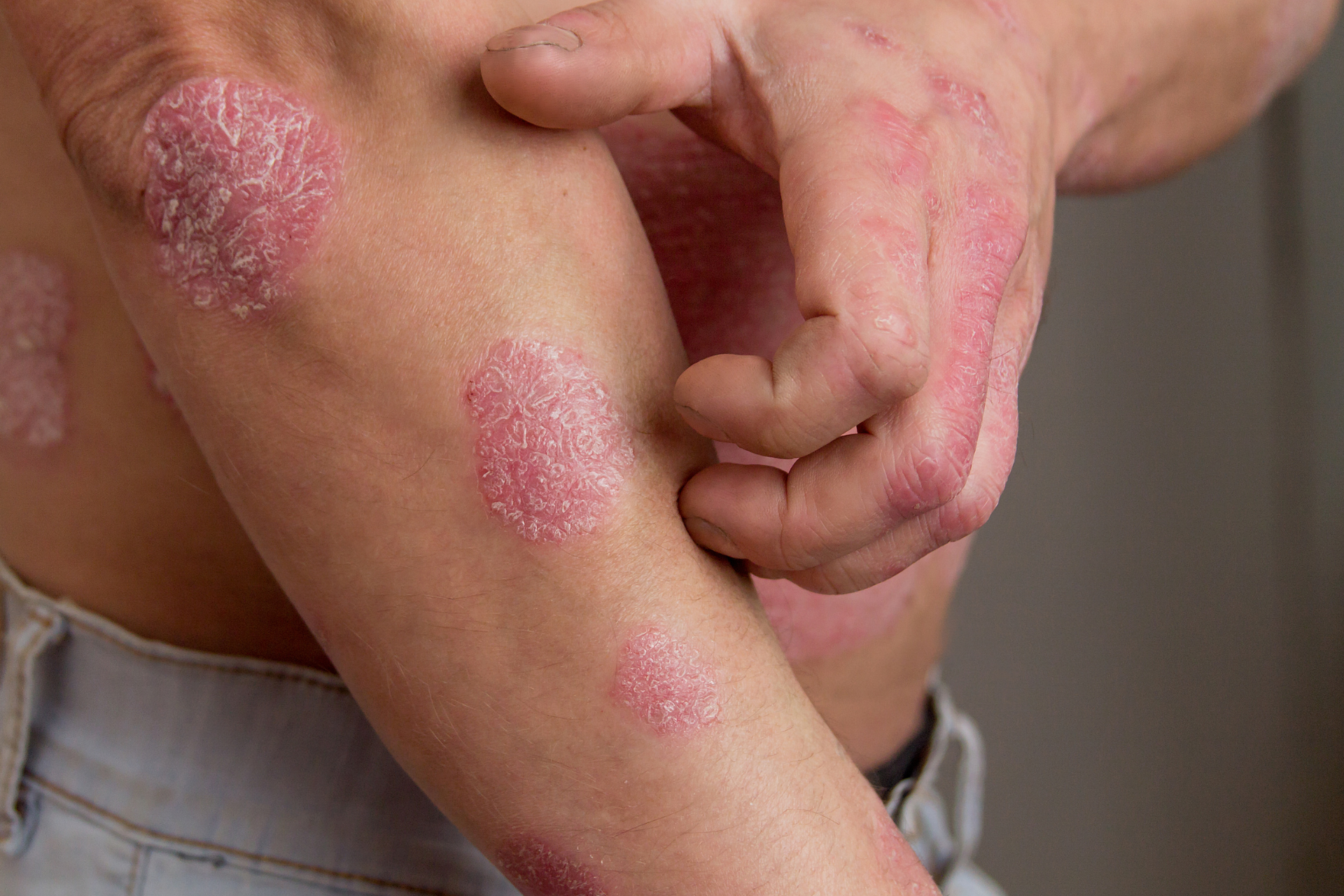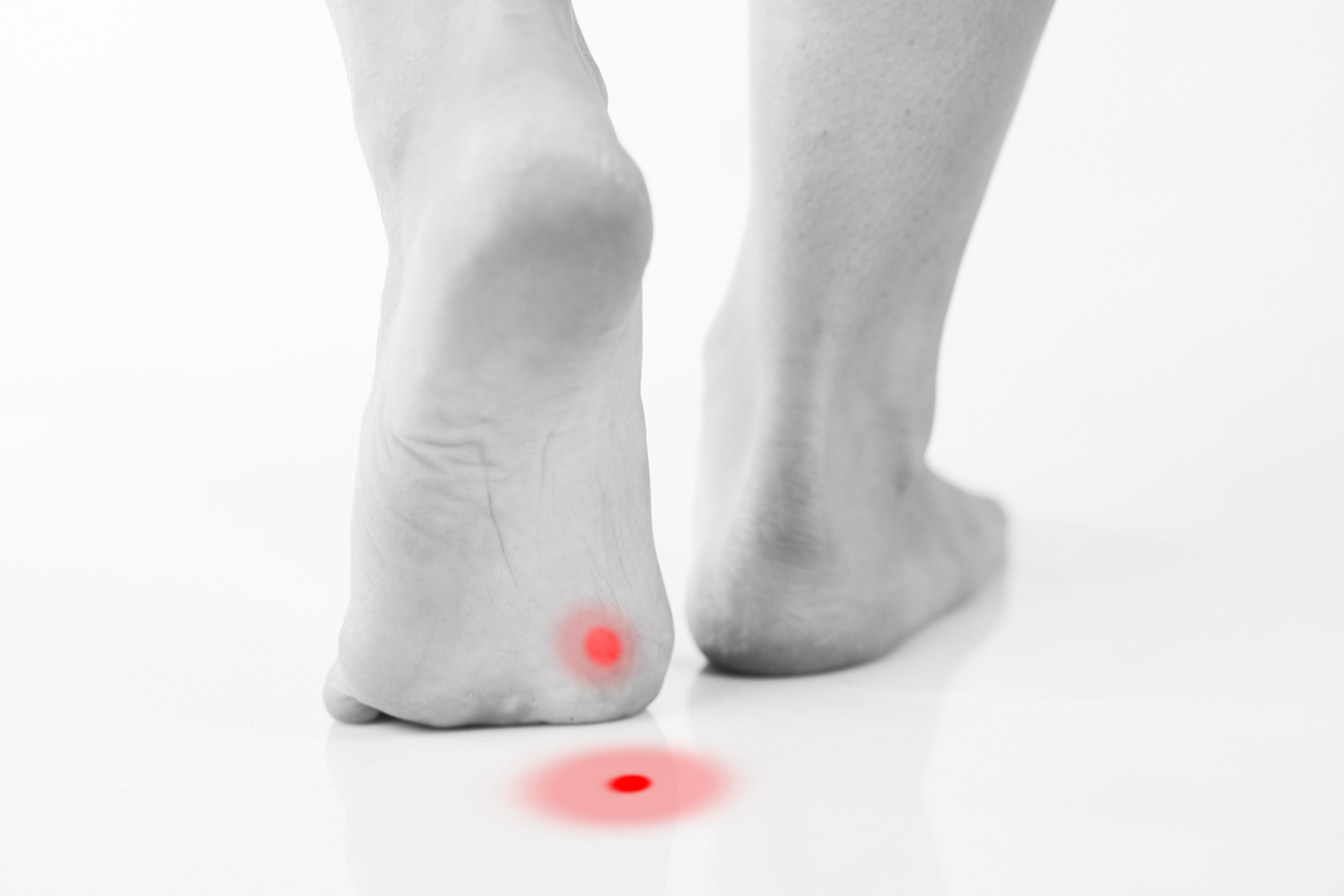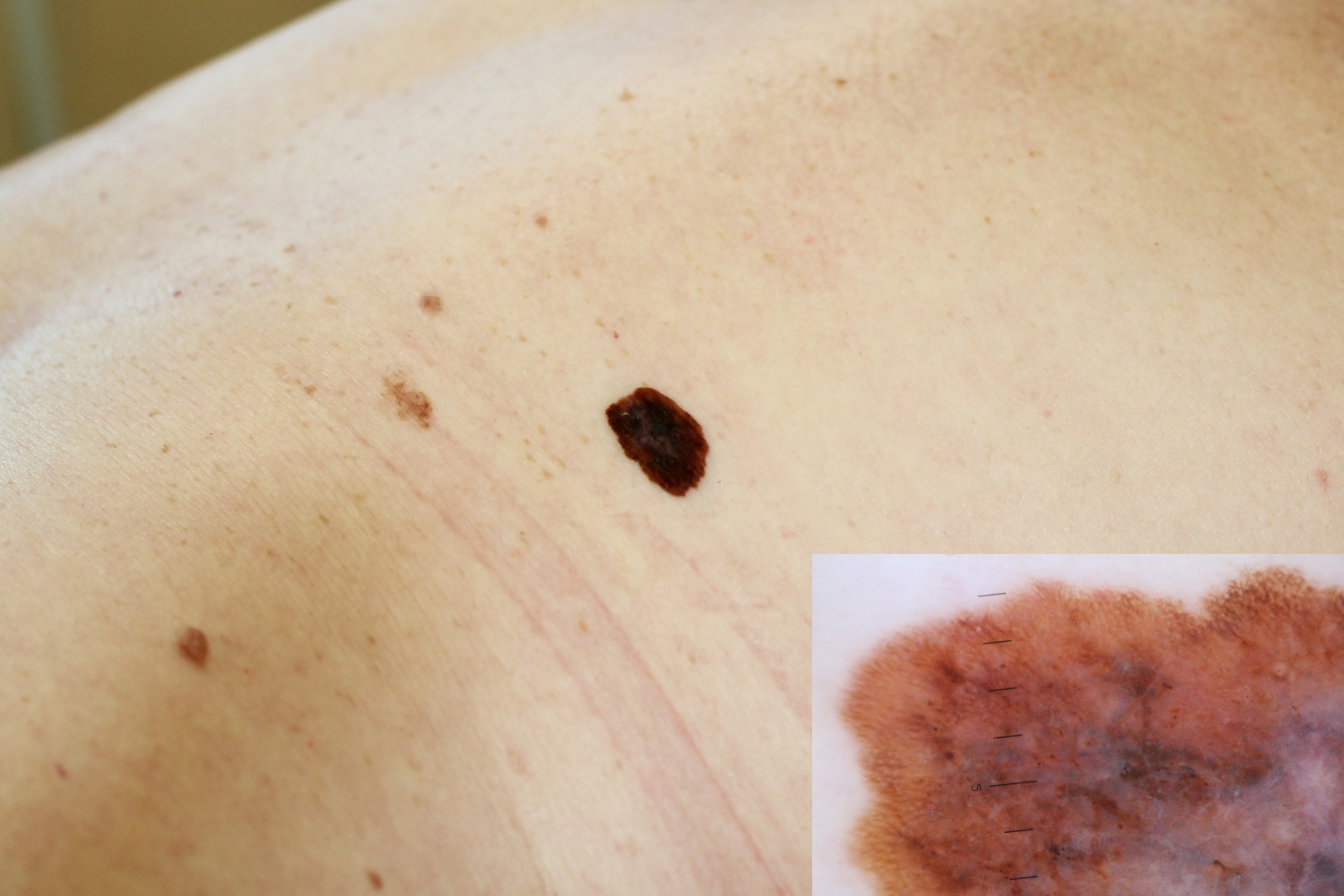Top Skincare Tips for Managing Eczema and Psoriasis

Introduction:
Dealing with skin conditions like eczema and psoriasis can be both physically and emotionally challenging. These chronic conditions require careful management to alleviate symptoms and improve the overall health and appearance of the skin. At Fall Creek Skin and Health Clinic, we understand the impact these conditions can have on your quality of life. That's why we have curated a list of top skincare tips to help you effectively manage eczema and psoriasis.
Understanding Eczema and Psoriasis:
Eczema and psoriasis are two common dermatological conditions that can cause redness, itching, and inflammation of the skin. Eczema, also known as atopic dermatitis, is characterized by dry, itchy patches that can appear anywhere on the body. Psoriasis, on the other hand, is a chronic autoimmune disease that leads to the rapid growth of skin cells, resulting in thick, scaly plaques. While the exact causes of these conditions remain unclear, genetic and environmental factors are believed to play a significant role.
Top Skincare Tips for Managing Eczema and Psoriasis:
1. Moisturize Regularly:
One of the most important steps in managing eczema and psoriasis is to keep the skin well-moisturized. Opt for fragrance-free, gentle moisturizers that help lock in moisture and prevent dryness. Applying moisturizer immediately after bathing can help seal in hydration and soothe irritated skin.
2. Use Gentle Cleansers:
When choosing skincare products, including cleansers and body washes, opt for gentle formulas that are free of harsh chemicals and fragrances. Harsh ingredients can further irritate the skin and exacerbate eczema and psoriasis symptoms. Look for products that are specifically designed for sensitive skin.
3. Avoid Triggers:
Identifying and avoiding triggers that aggravate your skin condition is essential for effective management. Common triggers include stress, certain foods, allergens, and harsh weather conditions. Keep a journal to track your symptoms and identify patterns that can help you avoid triggers.
4. Protect Your Skin:
Protecting your skin from environmental factors is crucial in managing eczema and psoriasis. Be sure to wear sunscreen with a high SPF to shield your skin from harmful UV rays, and dress in breathable, protective clothing to avoid irritation.
5. Maintain a Healthy Diet:
Eating a balanced diet rich in fruits, vegetables, lean proteins, and healthy fats can help improve the overall health of your skin. Certain foods, such as dairy, gluten, and processed sugars, may trigger inflammation and worsen eczema and psoriasis symptoms. Consult with a healthcare provider or nutritionist to create a skin-friendly diet plan.
6. Manage Stress:
Stress has been linked to exacerbating skin conditions like eczema and psoriasis. Practice stress-reducing techniques such as meditation, yoga, deep breathing exercises, or engaging in hobbies you enjoy. Managing stress can help improve your skin health and overall well-being.
Conclusion:
Managing eczema and psoriasis requires a comprehensive approach that focuses on skincare, lifestyle adjustments, and self-care practices. At Fall Creek Skin and Health Clinic, we are committed to providing you with the support and guidance you need to effectively manage your skin condition. By following these top skincare tips and working closely with your healthcare provider, you can take control of your eczema and psoriasis and enjoy healthier, more radiant skin.



Need Our Services?
Book a free consultation

Our promise is to offer high-quality medical attention at a fair price in a clean, friendly, and professional environment.
QUICK LINKS
BUSINESS HOURS
- Mon - Thu
- -
- Friday
- -
- Saturday
- Appointment Only
- Sunday
- Closed
All Rights Reserved | Fall Creek Skin and Health Clinic |
